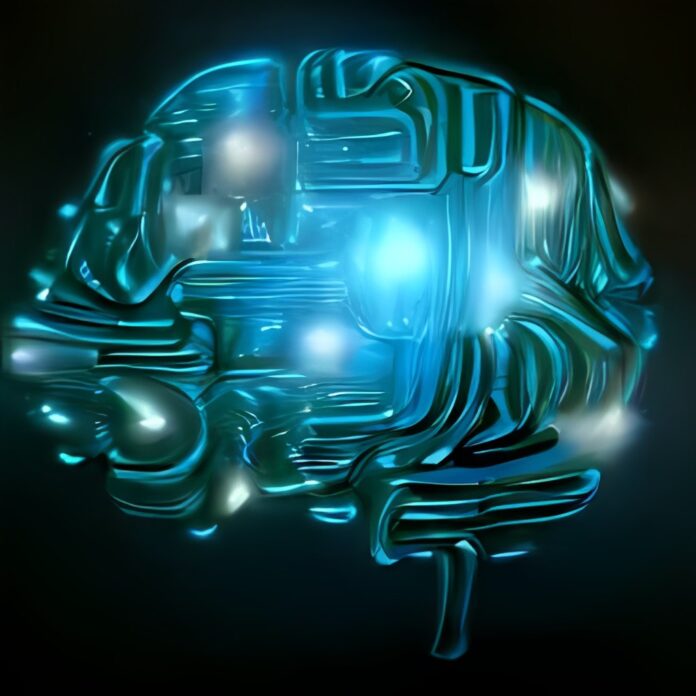I love tech; I’ve worked in it for my whole career. I know what makes a traditional computer “tick”, but the recent surge in artificial intelligence (AI) suggests the way computers function could be about to change dramatically, with humanity on the brink of a new era.
Some groups certainly think that point is close: an AI Rights Institute has been formed, to proactively address ethical issues that they foresee could arise if AI evolves from a simple tool into a form of life that has its own interests. The Institute defines a set of rights for AI machines, such as the right not to be shutdown just for convenience, the right to have freedom from being compelled to perform services, and the right to receive appropriate compensation for work done.
Will AI Become Sentient?
Some researchers are confident the time will come when AI becomes sentient and self-aware, which is why they argue that humanity should think about what rights artificial intelligence should be given once that milestone is reached.
But will AI ever have life similar to a human? Mainstream computers are based on silicon circuits, but engineers are investigating how to build computers from lab-grown organic cells that use neurons to make decisions like a human brain. Scientists are “feeding” those cells feel-good dopamine to mimic how our brains respond to positive inputs, attempting to train the computer to function like a human brain. But will running a sentient AI on an organic computer create a living being?
The Breath of Life
The Bible makes it clear that life is something that God gives, not something that we can give. For example, when God created Adam, we’re told that He ‘breathed into his nostrils the breath of life, and the man became a living creature’ (Genesis 2:7). That process was not a one-off but continues today: in the Old Testament book of Isaiah, we learn that it is God ‘who gives breath to the people on [the earth]’ (Isaiah 42:5).
There was a Babylonian king called Belshazzar who reigned from 556 to 539 BC. He was very proud of his own achievements and those of the men who worked for him. He ignored the fact that his predecessor, King Nebuchadnezzar, had recognised that God is the one in control of what happens in the world (Daniel 4:34), so God sent His prophet Daniel to remind him. When Daniel warned Belshazzar about the consequence of his refusal to revere God, the phrase he used was ‘God in whose hand is your breath’ (Daniel 5:23).
This statement about who controls the breath of life is reiterated in the New Testament. For instance, the apostle Paul describes God as the One Who ‘gives to all mankind life and breath and everything’ (Acts 17:25).
Is Humanity Too Proud?
These passages explain to us that it is God who gives life; without Him we would all be inanimate. It is something we do well to remember! Let’s not become like King Belshazzar, who was too proud of his achievements. When God intervened, the result was not good for Belshazzar, who historians think died at the hand of an invading army within hours of Daniel’s warning (Daniel 5:30). Do we, likewise, take so much pride in our inventions that we believe we can now push God aside and create life without Him?
Life is More than Consciousness
Human life is about being able to build a relationship with God, to worship Him, and to give Him honour in all we do (John 4:23-24). How can an AI creation develop such a bond with the Heavenly Father? How does it pray to God or worship Him? Those are the actions God wants from His creation; that is what human life is. However, that’s not the form of life that AI will gain if it becomes sentient. By that definition, artificial intelligence can therefore never “live”.
Remember, also, that God has a plan for human life. In the beginning, God made Adam ‘in his own image’ (Genesis 1:27) so that Adam might reflect God’s character. What God wants from us right now is for us to “renew” our lives to get closer to God’s image (Colossians 3:10). If advances in AI eventually do allow us to create a type of life, it would be created in our own image rather than the Divine. How could such an AI life form reflect God?
When Jesus returns, men and women who have tried their best to follow him will finally be changed and given a new, immortal nature (1 Corinthians 15:52-54). An AI created in man’s image that’s unable to form a relationship with God or mould itself into God’s perfect nature will not be part of that future Kingdom.
Ian Coates


